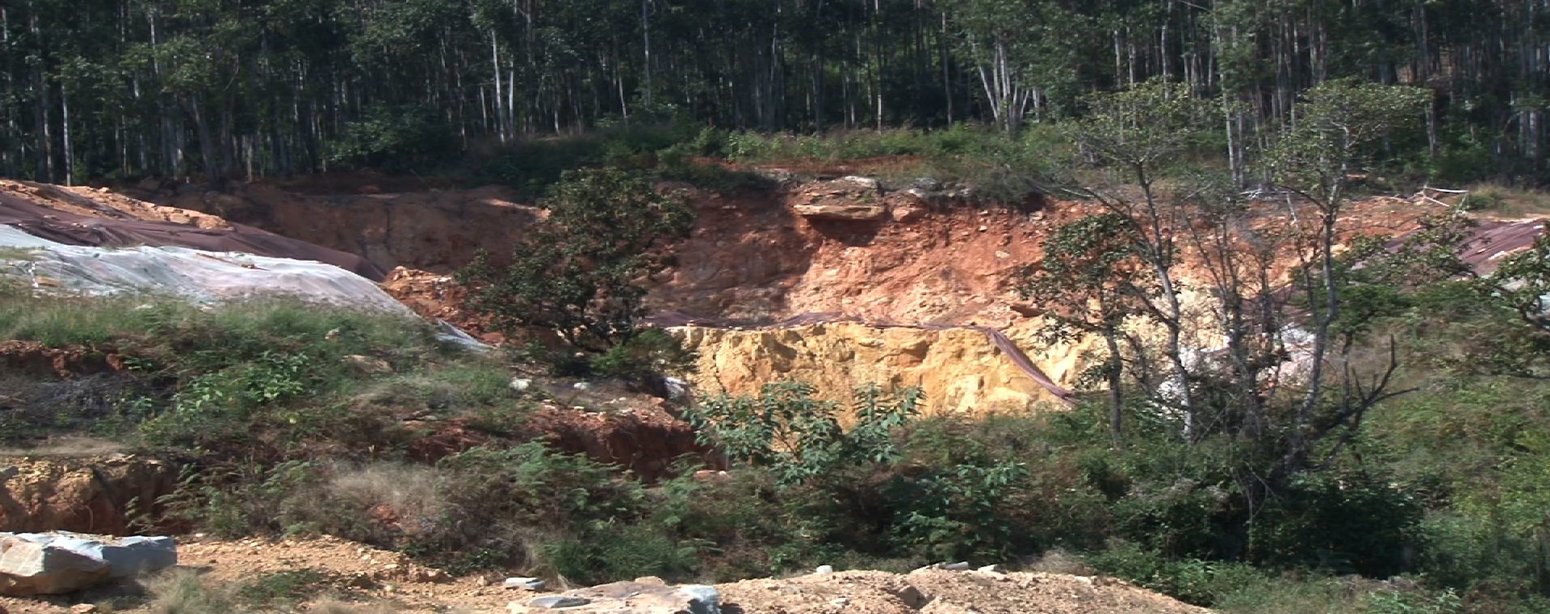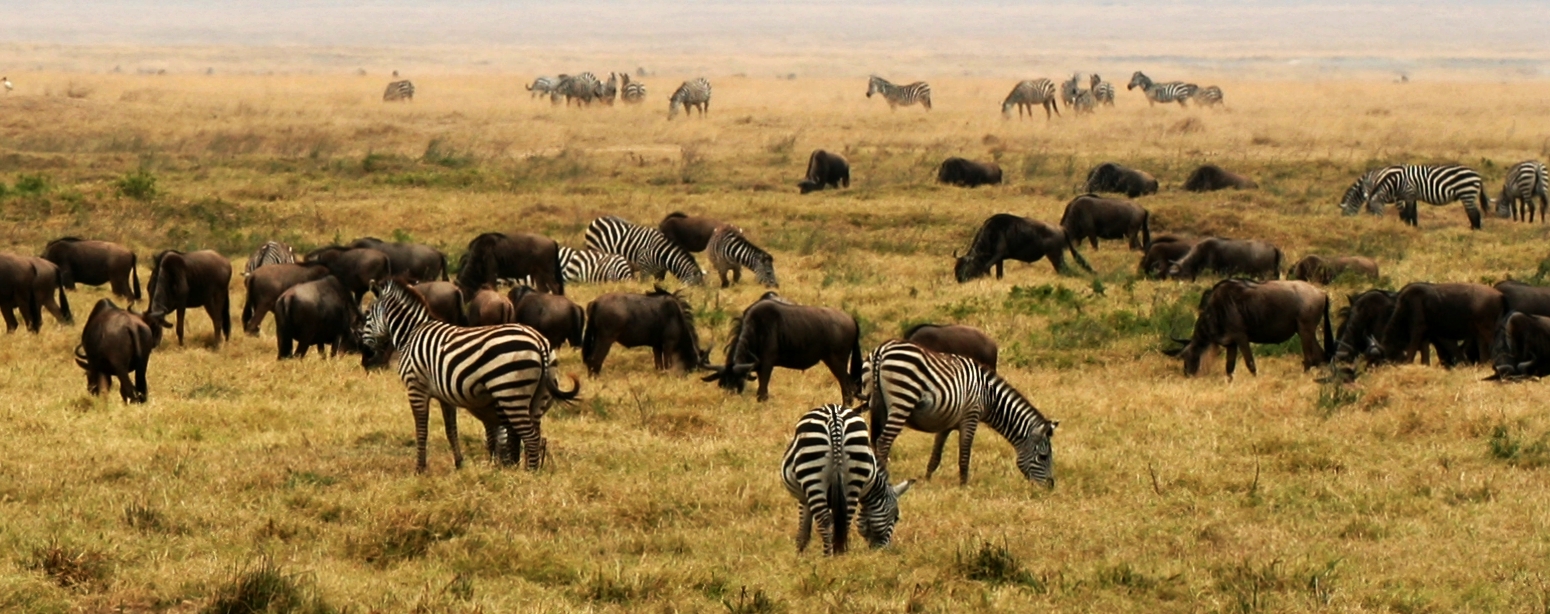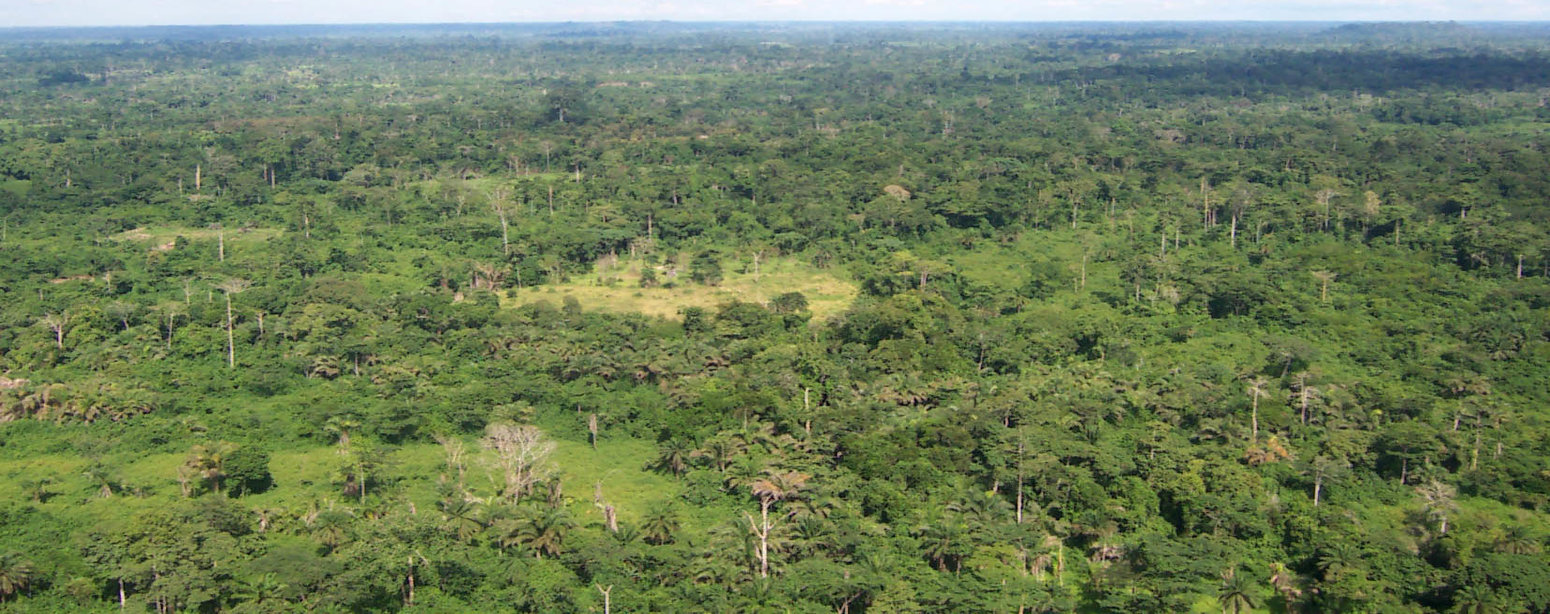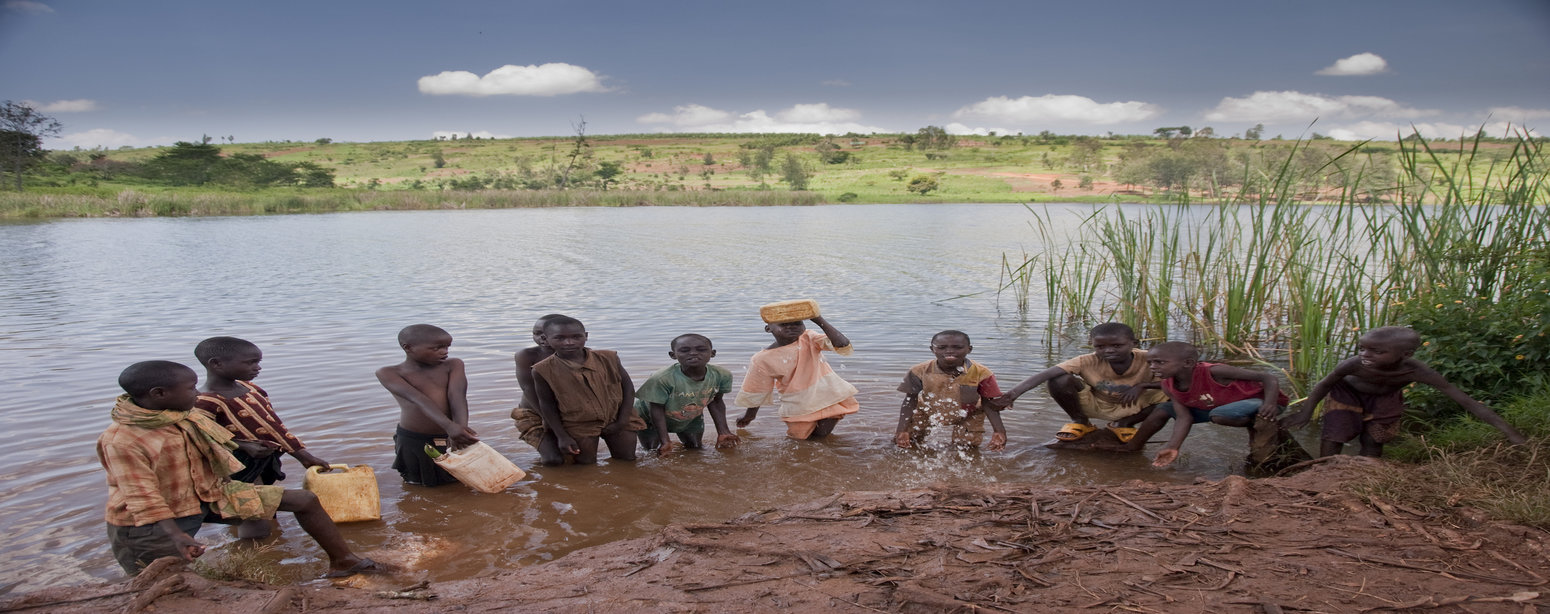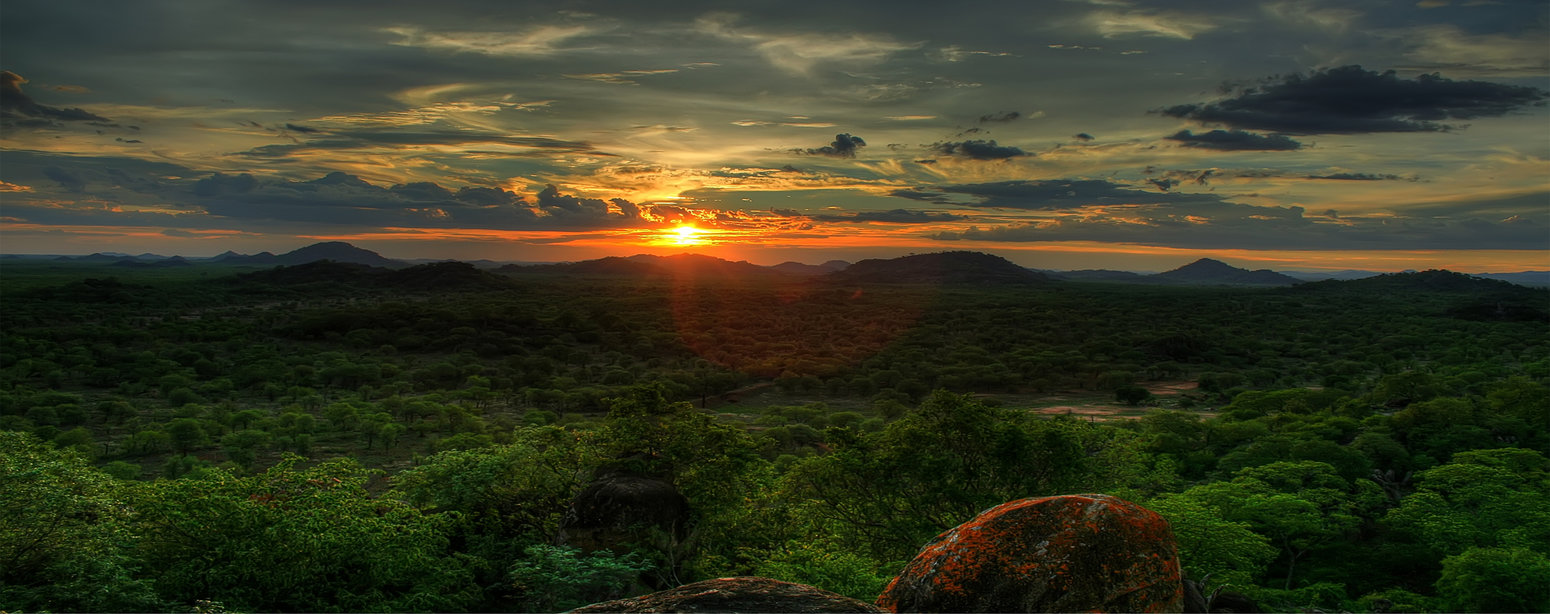Environment & Natural Resources
Achieving sustainable natural resource management in Africa requires paying equal attention to the small and large scale issues confronting the sector, and seeking long-term solutions to the problems affecting both renewable and nonrenewable resources. Two thirds of Africa’s population lives in rural areas, and majority of these are subsistence farmers. Natural resource management is a rural development issue, because rural people are the managers of much of Africa's land resources. Their use of the land affects wildlife, forest biodiversity, soil quality, water quality, and other natural values. Improving their quality of life without negatively affecting the environment will require a combination of understanding the people, their way of life, the natural environment and the knowledge of how these can be made to interact in a positive way.
Additional issues of consideration to natural resource management in Africa include globalization and climate change, as well as the opportunities and challenges presented by the extractive industry, as these present extra levels of complexity.
The Center works to foster collaborations that promote improved agricultural practices and responsible resource extraction, as well as sustainable resource use. This entails partnering with communities, state and nongovernmental entities that are working to address resource management challenges including clean water supply, irrigation, biodiversity conservation, and resource extraction. Close attention is paid to opportunities and constraints inherent in co-management and conflict resolution efforts, while emphasizing the interconnections between sustainable natural resource management and human well-being.

